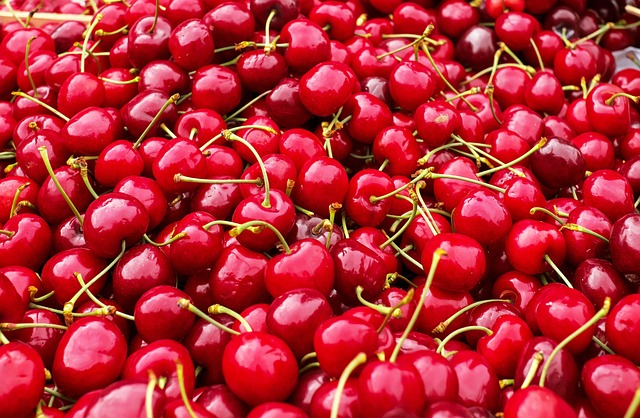Probiotics Unleashed: Harnessing the Power of Good Bacteria for Digestive Bliss
Our digestive system is home to trillions of bacteria, both good and bad. While we often associate bacteria with illness and infection, not all bacteria are harmful. In fact, there are certain types of bacteria that are beneficial for our health, especially when it comes to our digestive system. These beneficial bacteria are known as probiotics.
Probiotics are live bacteria and yeasts that are good for our health, particularly our digestive system. They help maintain the natural balance of organisms in our gut, promoting better digestion and overall well-being. They can be found in certain foods, supplements, and even some beauty products.
The Benefits of Probiotics
The main function of probiotics is to restore and maintain a healthy balance of bacteria in our gut. When this balance is disrupted, for example, due to illness, stress, medication, or poor diet, it can lead to digestive problems such as bloating, gas, constipation, or diarrhea. Probiotics help alleviate these symptoms by:
- Improving digestion: Probiotics help break down food, making it easier for our bodies to absorb nutrients and eliminate waste.
- Boosting immunity: Our gut is home to a large portion of our immune system. Probiotics strengthen the gut barrier, preventing harmful bacteria from entering and causing infections.
- Reducing inflammation: Certain strains of probiotics have anti-inflammatory properties, which can help alleviate symptoms of inflammatory bowel diseases such as Crohn’s disease and ulcerative colitis.
- Preventing antibiotic-related side effects: Antibiotics can disturb the balance of gut bacteria, leading to digestive issues. Taking probiotics alongside antibiotics can help reduce these side effects.
Sources of Probiotics
While probiotic supplements are readily available, it’s also possible to incorporate probiotics into your diet through natural food sources. Some common sources of probiotics include:
- Yogurt: Look for yogurt labeled as containing live and active cultures. These cultures are strains of bacteria that provide the probiotic benefits.
- Kefir: A fermented milk product similar to yogurt, kefir is rich in probiotics and can be enjoyed on its own or added to smoothies.
- Sauerkraut: This fermented cabbage dish is a good source of probiotics. Look for unpasteurized sauerkraut, as pasteurization destroys the beneficial bacteria.
- Kombucha: A fermented tea beverage, kombucha contains probiotics and is also a natural source of antioxidants.
- Miso: A traditional Japanese seasoning made from fermented soybeans, miso is a rich source of probiotics and adds a savory flavor to various dishes.
Choosing the Right Probiotic Supplement
If you find it challenging to incorporate probiotic-rich foods into your diet, you may opt for probiotic supplements. When choosing a probiotic supplement, consider the following:
- Strain diversity: Look for a supplement that contains multiple strains of bacteria, as different strains have different benefits.
- CFU count: CFUs (colony-forming units) indicate the number of live bacteria in the supplement. Higher CFU counts are generally preferable.
- Survivability: Some bacteria are more fragile and may not survive the journey through the digestive system. Look for supplements with enteric coatings or other technologies to ensure the bacteria reach the gut intact.
- Reputable brand: Choose a trusted brand that follows good manufacturing practices and has positive reviews from users.
Incorporating Probiotics into Your Routine
To experience the benefits of probiotics, it’s important to make them a part of your daily routine. Here are some tips:
- Start with small amounts: If you’re new to probiotics, start with a small amount and gradually increase your intake to allow your body to adjust.
- Be consistent: Consistency is key when it comes to probiotics. Take them regularly to maintain a healthy balance of gut bacteria.
- Combine with prebiotics: Prebiotics are a type of fiber that feed the beneficial bacteria in your gut. Pairing probiotics with prebiotic-rich foods like bananas, garlic, and onions can enhance their effectiveness.
- Consult a healthcare professional: If you have specific health concerns or are considering probiotics for a particular condition, it’s advisable to consult with a







